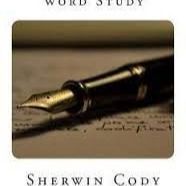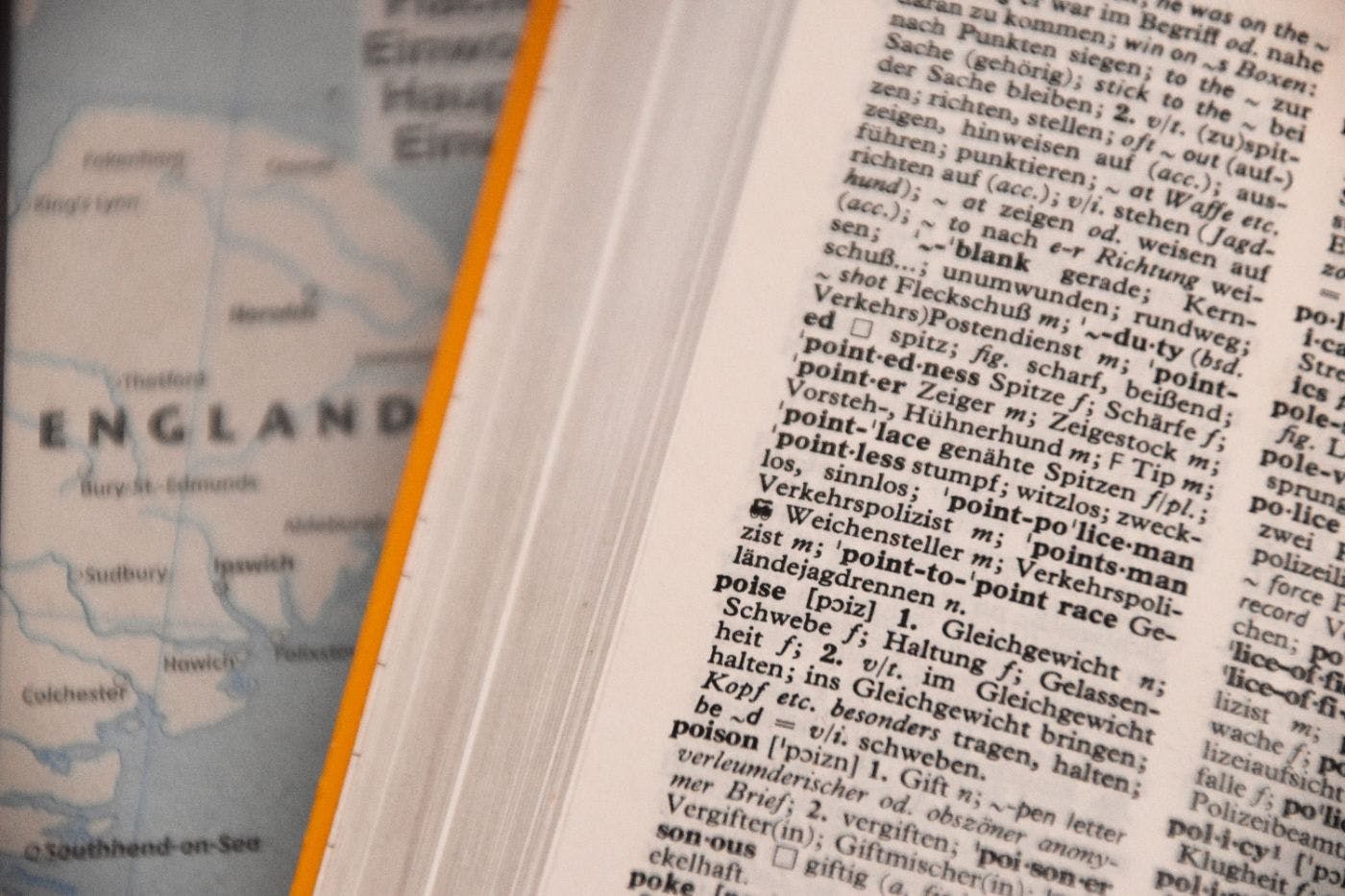The Art Of Writing & Speaking The English Language : Chapter III - Style
by
July 31st, 2022
Audio Presented by

American writer and entrepreneur who developed a long-running home-study course in speaking and writing
About Author
American writer and entrepreneur who developed a long-running home-study course in speaking and writing
